Business
Museveni hails UMA as key driver of Uganda’s industrialisation
The industrial sector now accounts for 25.4% of GDP, surpassing agriculture at 23.5%, while complementing the services sector at 52.7%. The sector also contributes 30.3% of total national tax revenue, making it one of the largest single contributors to government income.
Museveni hails UMA as key driver of Uganda’s industrialisation
By: Aloysious Kasoma and John Ricks Kayizzi, Journalists @New Vision
___________________
President Yoweri Museveni has recognised the Uganda Manufacturers Association (UMA) as a key player in Uganda's industrialisation journey, significantly contributing to job creation.
He stated that manufacturing has directly created two million jobs and supported an additional 4.5 million indirect jobs across the value chain, adding that the rosy economic growth figures clearly demonstrate that manufacturing lies at the very heart of Uganda's transformation.
He said this in a speech delivered on his behalf by the Minister of Finance and Economic Planning, Matia Kasaija, who represented him at the launch of the 31st Uganda International Trade Fair (UGTIF) at Lugogo in Kampala on Tuesday (October 7).
This year's edition, which has attracted leading manufacturers, innovators and businesses from Uganda and across the region, kicked off on Thursday, October 2, 2025 and will end on Sunday, October 12, 2025.

The trade fair, which is projected to attract over 150,000 visitors, has been organised under the theme: “Sustainable Industrialisation for Inclusive Growth, Employment and Wealth Creation”.
The President applauded UMA for its contribution to agriculture, education, textile production, and business training programs, all of which are enhancing the visibility of Ugandan-made goods on supermarket shelves.
The industrial sector’s contribution to Uganda’s economic recovery continues to strengthen, marked by several commendable developments.
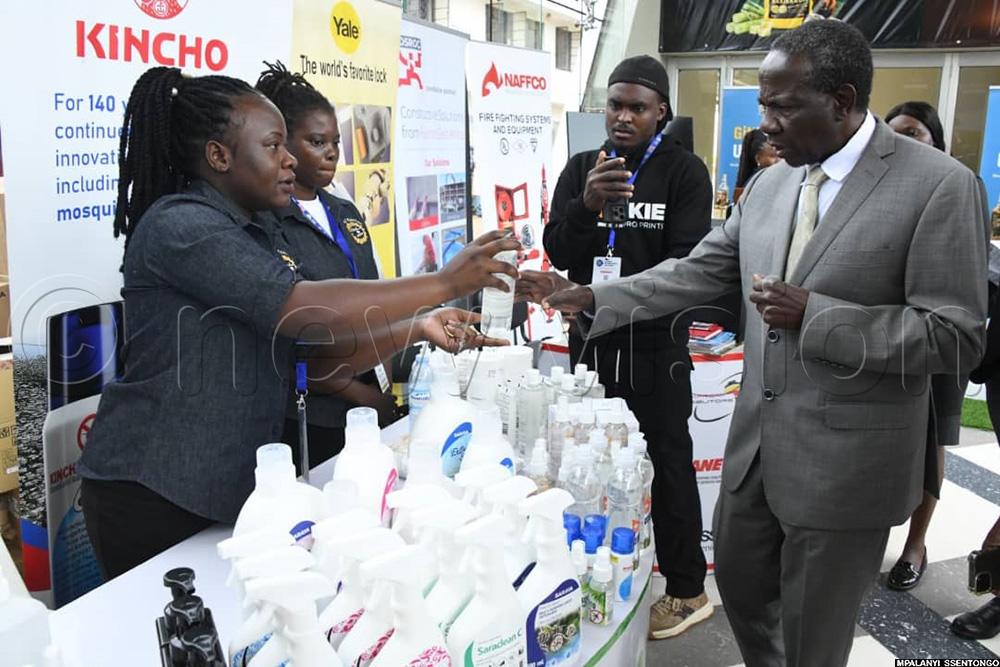

He noted that “The industrial sector now accounts for 25.4% of GDP, surpassing agriculture at 23.5%, while complementing the services sector at 52.7%."
“Firstly, manufacturers now consume 70.2% of all electricity produced in Uganda, with demand growing by approximately 40 megawatts each month,” he said, adding that the sector also contributes 30.3% of total national tax revenue, making it one of the largest single contributors to government income.
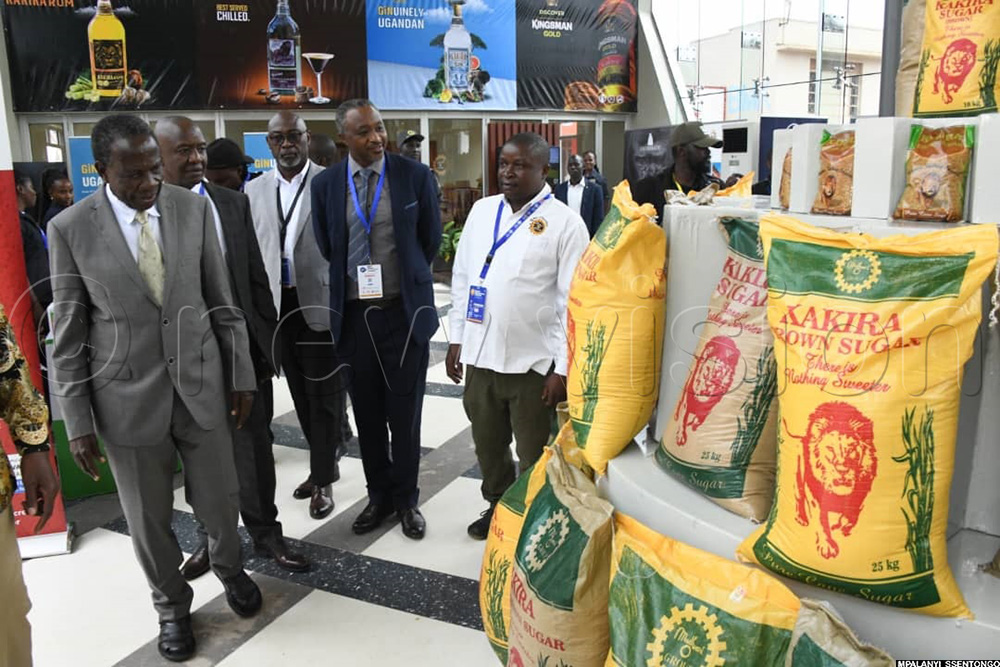
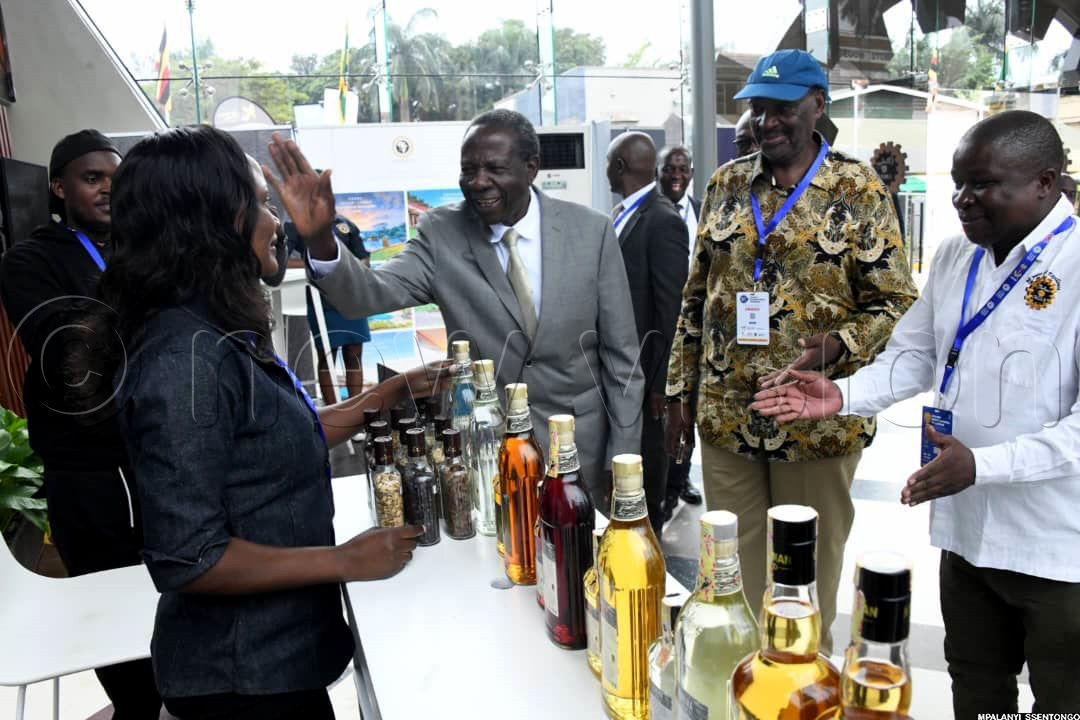
He further pointed out that manufactured goods currently account for about 23% of Uganda’s exports, positioning the country well to meet its 2040 target of 50% manufactured exports.
“Uganda’s prospects will improve further as the oil and gas sector begins generating revenue, alongside the mining industry, which remains one of the country’s most promising sectors.”
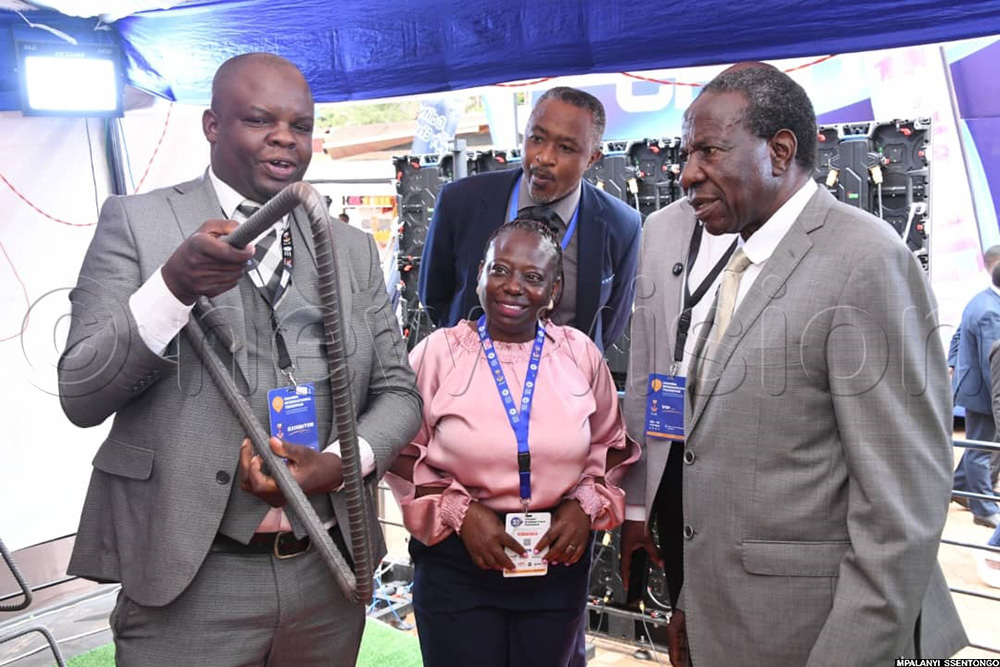
The President pointed out that Uganda’s refining capacity and the growth of exports are already changing the country's trade dynamics. These developments are enhancing export assets and stabilising the local currency, making the Uganda shilling one of the most stable currencies in Africa.
Remarkable stability
Aga Sekalala Jr, the UMA chairman, praised the government, saying that through prudent macroeconomic management, it had guided the economy to remarkable stability.
“These are fruits of the deliberate and strategic government efforts, including the recent approval of the National Tax Policy 2025, aimed at enhancing domestic revenue mobilisation and ensuring our fiscal future is secure and sustainable.
Dr Ezra Rubanda Muhumuza, the UMA executive director, said that the new accelerated trajectory of GDP tenfold growth, from an estimated $61 billion to a commanding $550 billion in 10 years, is commendable.
“The vibrancy you see on these grounds is the low-hanging fruit, a commitment to industrialisation. Our task now is to overcome the constraints, to move from 53.4% capacity utilisation to full productivity.”
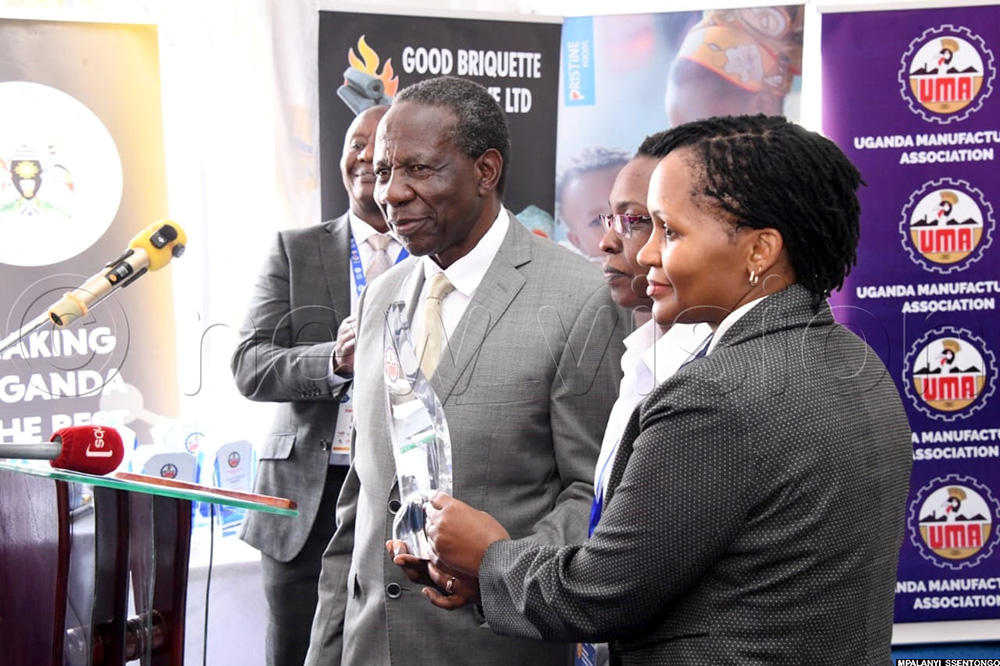
Buy Uganda Build Uganda
The major highlight of this year’s event is the BUBU (Buy Uganda Build Uganda) Supermarket, proudly sponsored by the Science and Technology Initiative (STI).
According to a press release from UMA, “this section provides a platform for local, low-end exhibitors to showcase their products at incredibly affordable rates, aligning with national efforts to promote locally-made goods and support small enterprises.”
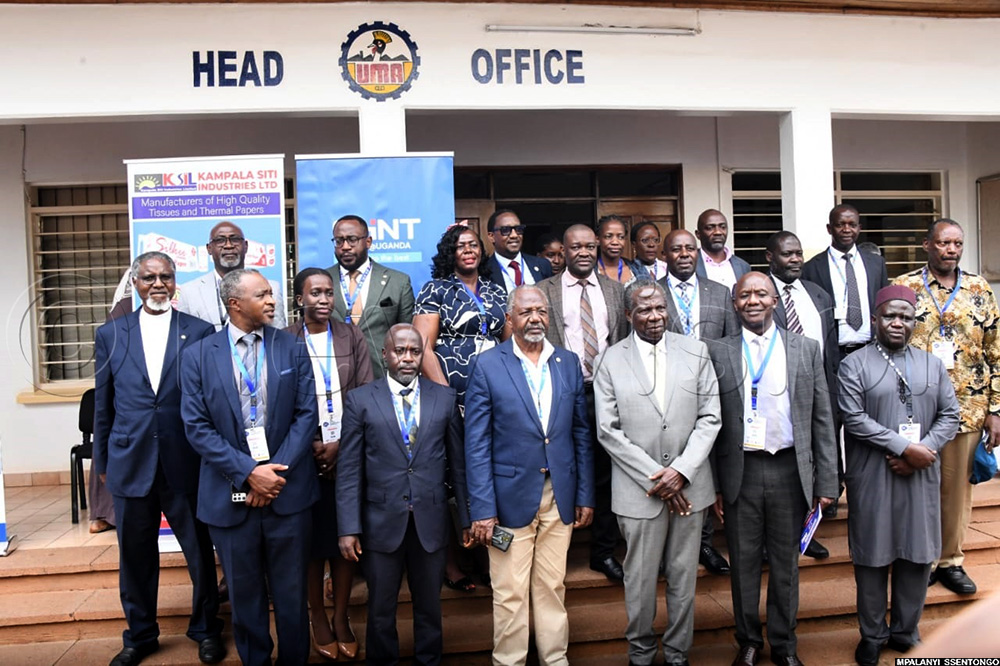
Several manufacturers are offering significant discounts across various product lines, encouraging visitors to purchase in bulk and enjoy massive savings.
Products on offer range from home appliances to industrial tools, and the deals on offer are designed to benefit both individual buyers and businesses.